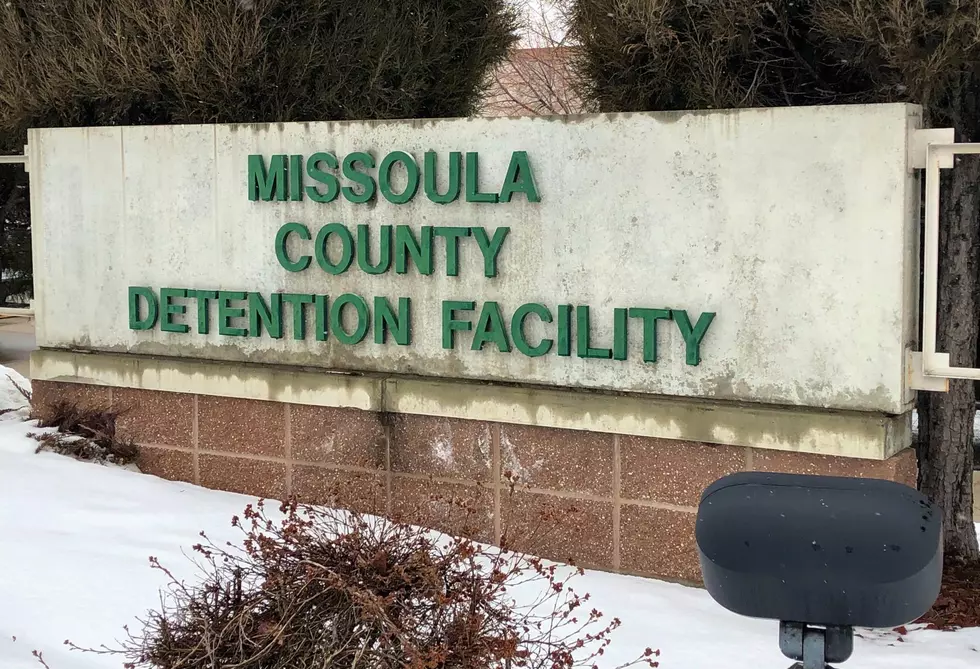
Missoula jail to receive $567K for substance abuse treatment program
(Daily Montanan) The state’s health department is sending nearly $3 million to detention centers across the state to fund substance abuse treatment programs, according to a news release.
The Montana Department of Public Health and Human Services awarded Behavioral Health Services in Local Detention Facilities grants to:
- Yellowstone County ($536,118)
- Missoula County ($567,253)
- Lewis and Clark County ($580,600)
- Gallatin County ($177,181)
- Butte Silver-Bow County ($227,852)
- Cascade County ($262,478)
- and Custer County ($348,515)
Services to be offered, on a voluntary basis, include behavioral health therapy, certified behavioral health peer support, care coordination, medication prescription, management and monitoring, and medication for opioid use disorder, according to the release.
The funding was made available through the HEART fund and will have the capacity to serve an estimated 1,000 Montanans over two years.
“Talking with local law enforcement and treatment providers, I’ve heard repeatedly the need for better mental health and treatment services for individuals within the criminal justice system,” Gov. Greg Gianforte said in the release. “With this investment, we’ll fill identified gaps in our behavioral health system, while also reducing recidivism, saving taxpayer dollars, and saving lives.”
The funding must be used to address identified gaps in the community’s continuum of care and provide services to clients that have a mental health, substance use, or co-occurring disorder diagnosis. Services may be provided in person or via telehealth.
According to the release, all seven awardees demonstrated a readiness and capacity to effectively implement the services, and were required to demonstrate the ability to identify and partner with local key stakeholders of behavioral health and criminal justice systems.
All sites are required to coordinate discharge planning for individuals to ensure continuity of care. Several communities are utilizing care coordinators that will provide follow-up services to individuals for up to six months after their release to ensure they have continued support.
Individuals will be enrolled in services through a variety of means, including initial screening when entering the jail that will indicate need for behavioral health services; referral from correctional staff that believe an individual will benefit from behavioral health services; and self-referral from an individual seeking services. All services will be based on a clinical assessment to ensure services meet the needs of individuals.
